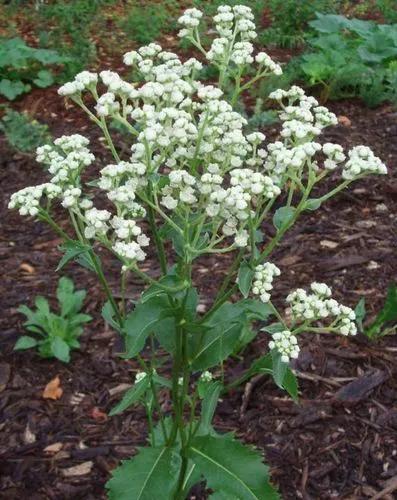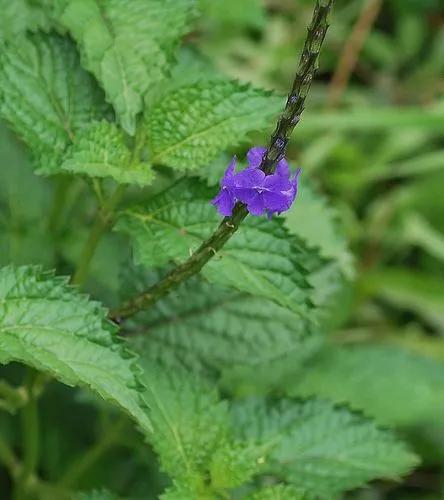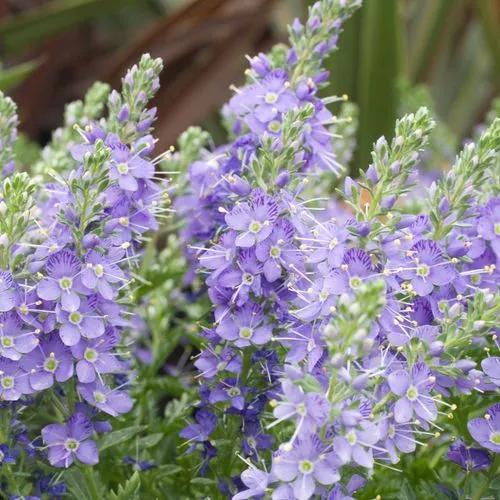Angelonia is a genus of about 30 species which occur from Mexico to Argentina and is classified in the Plantaginaceae. They are herbaceous plants occurring mainly in arid and semi-arid habitats.
Angelonia Care
Angelonia angustifolia
Other names: Summer Snapdragon



Most Angelonia species can be found in Northeastern Brazil in the Seasonally Dry Tropical Forest namely Caatinga. Angelonia gives the appearance of being a delicate, finicky plant, but growing Angelonia is actually quite easy. The plants are called summer snapdragons because they produce a profusion of flowers that resemble small snapdragons all summer, and in warm climates the flowering continues into fall. Angelonia has no known toxicity to pets or people but is not meant to be eaten. Plant toxicity is dose-dependent, and consuming large amounts may cause side effects.
How to Care for the Plant

Water

Angelonia plants are tough and will keep on blooming through periods of drought. Water when the top of the soil feels dry. Additional moisture is fine if the plants have good drainage.

Fertilizer

Fertilize your angelonia plants monthly, as they are light feeders and too much fertilizer will cause an overgrowth of foliage at the expense of flowers. You can also choose a balanced flower fertilizer with a timed-release mix of a 10-5-10 or 12-12-12 fertilizer at planting time, which will eliminate the need to fertilize again.

Sunlight

Give your angelonia plants a full day of sun to provide the energy plants need to bloom continuously. Plants that don't get at least six hours of direct sunlight will get leggy and will have sparse blooms.

Soil

Angelonia plants are tolerant of a wide variety of soils, but a soil rich in organic matter will reduce watering and fertilizing chores. Plants need good drainage to prevent root rot, so if you have heavy clay consider growing angelonia in raised beds or containers.

Temperature

The plant is grown as an annual or in a container to be brought indoors in cold weather. The foliage and flowers are hardy to 30°F.

Container

If growing in a pot, choose a container with enough drainage holes.

Popularity

282 people already have this plant 51 people have added this plant to their wishlists
Discover more plants with the list below
Popular articles






